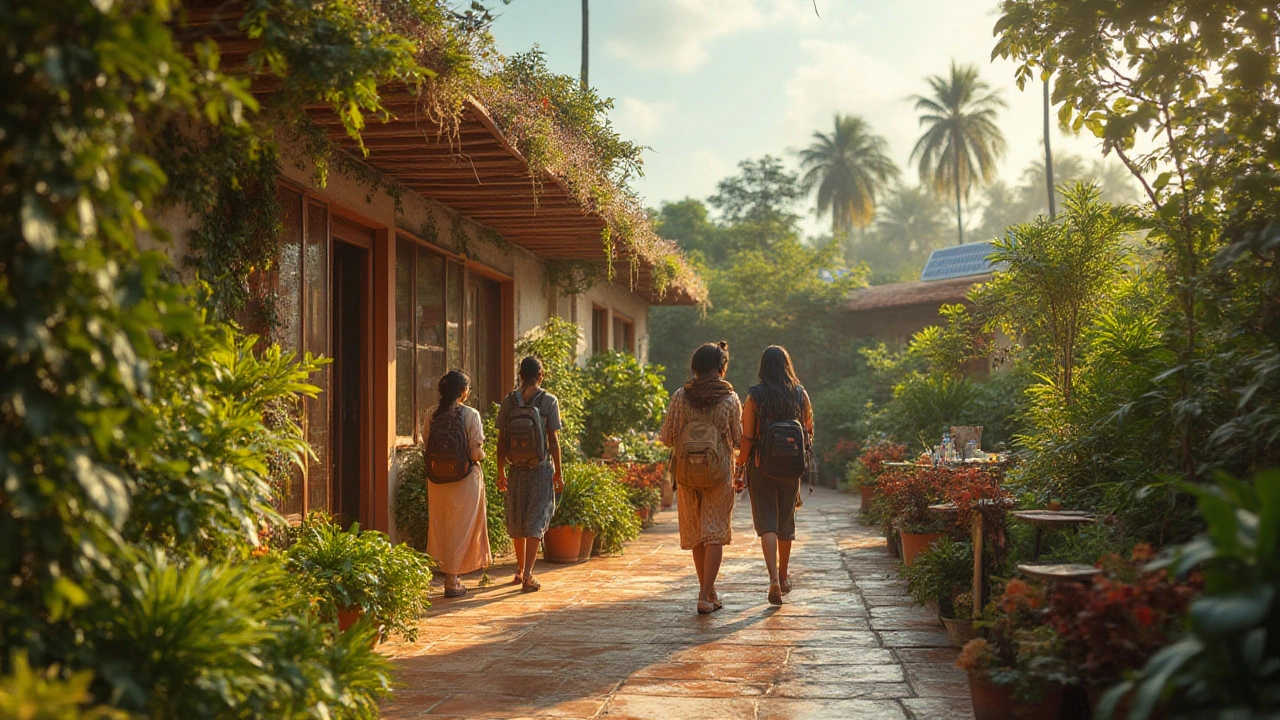Eco-Friendly Hotels in India: Sustainable Stays for Responsible Travelers
When you book an eco-friendly hotel, a lodging option designed to minimize environmental harm through renewable energy, waste reduction, and local sourcing. Also known as green accommodations, these stays are built to protect the wild places you came to experience—not disrupt them. In India, where jungles whisper with tigers and rivers run clear through protected forests, choosing the right place to sleep isn’t just about comfort—it’s about respect.
True sustainable tourism, travel that supports local economies and preserves natural habitats without degrading them. Also known as responsible travel, it means your stay helps fund wildlife patrols, hires local guides, and uses rainwater harvesting instead of trucking in bottled water. You won’t find plastic bottles here. You’ll find bamboo toothbrushes, solar-heated showers, and meals made from ingredients grown just outside your cabin. These aren’t gimmicks. They’re the new standard for travelers who care about what happens after they leave. And it’s not just about the building. It’s about the people. Many eco-friendly hotels in India partner with nearby villages, paying fair wages and training locals as nature interpreters. That means your money doesn’t just pay for a bed—it helps keep forests standing and traditions alive.
There’s a big difference between a hotel that says it’s "green" and one that actually lives it. Some places use solar panels but still dump sewage into the river. Others claim to be eco-luxury but import everything from abroad. The real ones? They build with reclaimed wood, compost food waste, and let the jungle grow right up to their decks. You’ll sleep under stars, not AC units. You’ll hear frogs at night, not generators. And you’ll leave knowing you didn’t add to the problem—you helped fix it.
What you’ll find in the posts below are real stories from real stays: how a jungle camp in Madhya Pradesh cut its plastic use by 90%, why an off-grid retreat in Kerala trains ex-poachers as conservation guides, and how a small lodge in the Western Ghats rebuilt its entire water system after a monsoon wiped it out—using only local labor and traditional methods. These aren’t marketing brochures. They’re proof that travel can be wild, wonderful, and kind to the planet at the same time.
